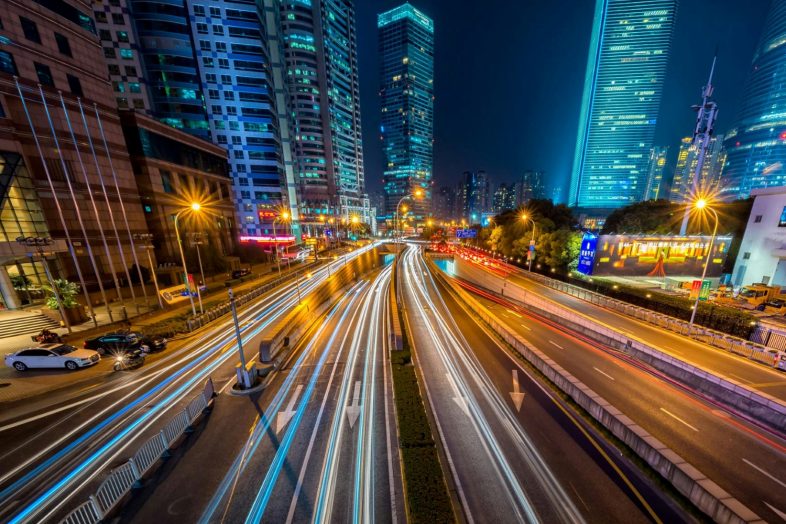Embracing the Future: The Rise of Smart Cities.
In an era marked by rapid technological advancements and urbanization, the concept of smart cities has emerged as a beacon of progress and innovation.
These cities leverage cutting-edge technologies to enhance efficiency, sustainability, and quality of life for residents. As urban populations continue to grow, the rise of smart cities presents a compelling vision for the future of urban living.
Smart cities integrate various technologies, including the Internet of Things (IoT), artificial intelligence (AI), data analytics, and renewable energy, to create interconnected urban ecosystems. These technologies enable cities to gather vast amounts of data in real-time, analyze patterns, and make data-driven decisions to optimize operations and services.
One of the key pillars of smart cities is sustainability. By leveraging IoT sensors and data analytics, cities can monitor energy consumption, reduce waste, and manage resources more efficiently. For example, smart energy grids enable dynamic energy distribution, optimizing usage and reducing carbon emissions. Similarly, waste management systems utilize sensors to optimize collection routes, reducing fuel consumption and minimizing environmental impact.
Moreover, smart mobility solutions are revolutionizing urban transportation. From autonomous vehicles and ride-sharing platforms to bike-sharing programs and intelligent traffic management systems, smart cities are reimagining how people move within urban environments. These innovations not only reduce congestion but also enhance accessibility and improve air quality.
Safety and security are also paramount in smart cities. Advanced surveillance systems, coupled with AI-powered analytics, enable cities to detect and respond to potential threats in real-time. Additionally, smart infrastructure, such as smart streetlights and emergency response systems, enhances public safety and resilience during emergencies.
Furthermore, smart cities prioritize citizen engagement and empowerment. Digital platforms and mobile applications enable residents to access city services, report issues, and participate in decision-making processes. By fostering transparent communication and collaboration, smart cities empower residents to actively contribute to the development and improvement of their communities.
The rise of smart cities is not without its challenges. Privacy concerns, data security risks, and digital divides are among the key issues that must be addressed to ensure inclusive and equitable smart city development. Additionally, the high cost of implementing and maintaining smart technologies can pose financial barriers for some cities.
Despite these challenges, the momentum behind smart cities continues to grow. Governments, businesses, and communities worldwide are increasingly recognizing the potential of smart city solutions to address urban challenges and improve quality of life. From Singapore and Barcelona to Amsterdam and Dubai, cities across the globe are embracing the smart city revolution and laying the groundwork for a more sustainable and prosperous future.
In conclusion, the rise of smart cities represents a paradigm shift in urban development. By harnessing the power of technology, smart cities are transforming the way we live, work, and interact with our environment. As we navigate the challenges and opportunities of urbanization in the 21st century, smart cities offer a compelling vision for building inclusive, resilient, and sustainable communities.












Maybell Hargrove
Hi it me marbell